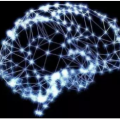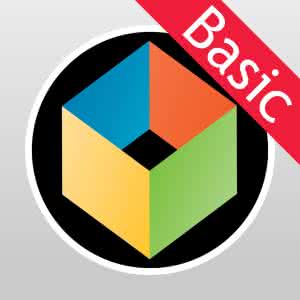Question answering (QA) over real-world knowledge bases (KBs) is challenging because of the diverse (essentially unbounded) types of reasoning patterns needed. However, we hypothesize in a large KB, reasoning patterns required to answer a query type reoccur for various entities in their respective subgraph neighborhoods. Leveraging this structural similarity between local neighborhoods of different subgraphs, we introduce a semiparametric model with (i) a nonparametric component that for each query, dynamically retrieves other similar $k$-nearest neighbor (KNN) training queries along with query-specific subgraphs and (ii) a parametric component that is trained to identify the (latent) reasoning patterns from the subgraphs of KNN queries and then apply it to the subgraph of the target query. We also propose a novel algorithm to select a query-specific compact subgraph from within the massive knowledge graph (KG), allowing us to scale to full Freebase KG containing billions of edges. We show that our model answers queries requiring complex reasoning patterns more effectively than existing KG completion algorithms. The proposed model outperforms or performs competitively with state-of-the-art models on several KBQA benchmarks.
翻译:在现实世界知识基础(KBs)上,问题解答(QA)具有挑战性,因为所需要的推理模式类型多种多样(基本上不受约束),然而,我们假设在大型KB中,逻辑模式是用来回答不同实体在各自的子图社区中重新出现的查询类型。利用不同子图的当地社区之间的这种结构相似性,我们引入一个半参数模型,其中包括(一) 非参数部分,每个查询,动态检索其他类似的美元-最远邻居(KNN)培训查询,并配有具体查询的子图,以及(二)参数部分,我们假设在大型知识图(KG)中,我们用新的算法从中选择一个具体查询的缩略图,允许我们向完全Freebase KG(包含数十亿的边缘)。我们显示,我们的模型回答要求复杂的推理模式比现有的KG的完成算法更有效,然后将其应用到目标查询的子图中。我们还提议了一个新的算法,在大规模知识图(KG)中选择一个具体查询的缩略图。我们展示了比现有的KG的模型。




